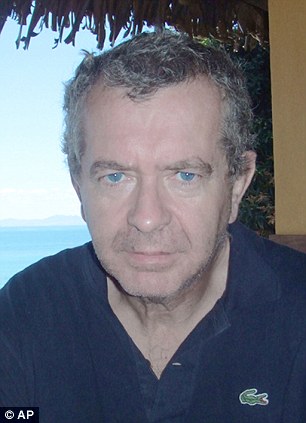By Ivan Eland | Posted: Thu. November 8, 2012, 1:42pm PT
The United States is meddling in another internal civil war to prevent a terrorist haven from developing. This time its not in Somalia or Yemen but instead in the West African country of Mali. The United States and France are concerned that Islamists have taken over northern Mali, and the two countries are heavily leaning on Abdelaziz Bouteflika, president of the neighboring regional power Algeria, to support an international invasion of Mali. The American and French implication is that, if left unmolested, the Islamists in control of this territory will create a base for international Islamist terrorist operations. They back an invasion because they believe the government of Mali is incapable of retaking its own territory.
Read more @ Meddling in Mali: Newsroom: The Independent Institute
The United States is meddling in another internal civil war to prevent a terrorist haven from developing. This time its not in Somalia or Yemen but instead in the West African country of Mali. The United States and France are concerned that Islamists have taken over northern Mali, and the two countries are heavily leaning on Abdelaziz Bouteflika, president of the neighboring regional power Algeria, to support an international invasion of Mali. The American and French implication is that, if left unmolested, the Islamists in control of this territory will create a base for international Islamist terrorist operations. They back an invasion because they believe the government of Mali is incapable of retaking its own territory.
Read more @ Meddling in Mali: Newsroom: The Independent Institute




